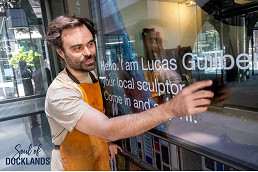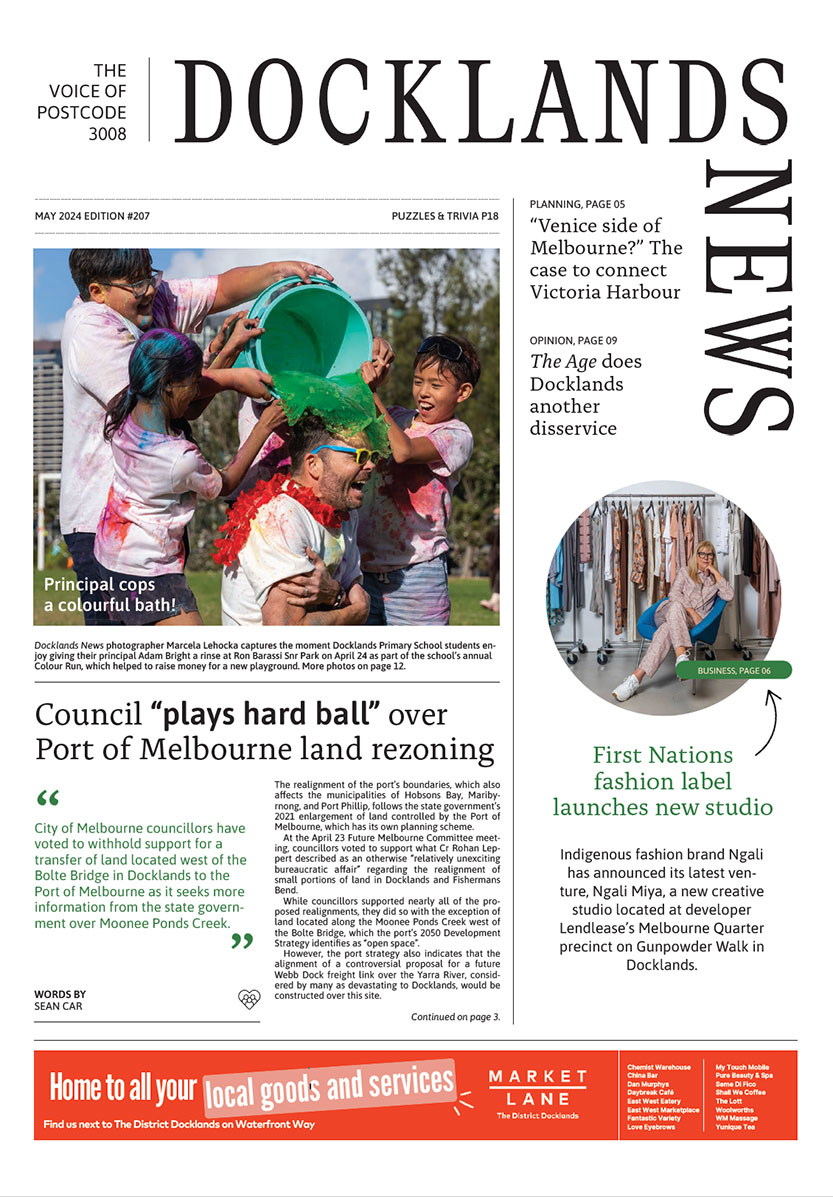Council stands with Ukraine, cuts ties with Russian city
Lord Mayor Sally Capp said the decision was “not taken lightly” as the council ended a 34-year relationship.
The City of Melbourne has terminated its sister city relationship with St Petersburg in protest against “Russia’s continued armed aggression in Ukraine”.
Councillors unanimously backed the move to cut ties with the Russian port city and so finishing a partnership dating back to 1989.
After initially suspending the relationship in March 2022 shortly after Russia launched a full-scale invasion of Ukraine, the council moved to permanently end the associations at the May 30 council meeting.
“Coming to this conclusion really reflects the depths of concern and also the sense that it is unacceptable what’s happening in Ukraine, and we need to take a public stand on our approach to that,” Lord Mayor Sally Capp said.
“Importantly, I think this motion this evening sends a very, very clear signal that we do stand with the people of Ukraine and that we condemn all acts of war and violence and aggression.”
Deputy Lord Mayor Nicholas Reece, who has previously travelled to St Petersburg and called it a “wonderful city”, said while councillors made the decision “with a heavy heart” it was a necessary move.
“[It’s] what we believe is a potent symbol of our outrage at the atrocities [that] have been perpetuated on the people of Ukraine,” he said.
Cr Rohan Leppert said while he wholly endorsed the move, he “struggled” with what it meant for Melbourne’s Russian population who were against the war.
“This isn’t only a matter of symbolism. This isn’t only a matter of condemning the atrocities, which we all do unequivocally. It’s the cessation of a decades-long relationship between the people of Melbourne — including the Russian diaspora — and the people of St Petersburg,” he said.
“There’s many reasons why you might be part of a diaspora, and oftentimes it’s because you disagree with the regime you’re fleeing, or you have familial ties along that theme. And I believe very strongly that much of, if not the vast majority of the Russian diaspora right here in Melbourne condemns the war in Ukraine every bit as much as we are right now.”
He said the decision should not be taken as disrespect to the work of the Melburg Association in Melbourne, or “peace-loving people of St Petersburg and Russia who live in Melbourne now”.
The Russian Embassy in Australia said in an online post that the move “diminishes the standing of Melbourne as the cultural heart of Australia”.
“Punished by this act of empty virtue signalling over Ukraine are, in fact, Melburnians,” it said.
“It appears that the City Council has ceded to arms twisting from a few dozen of pro-Ukrainian activists.”
The City of Melbourne almost cut ties with the city in 2014-15, over a spate of homophobic attacks at that time.
However, it was convinced by Russians living in Melbourne to maintain the ties.
According to the council, sister city partnerships generally strengthen economic and cultural ties, and many of its current agreements are long-standing.
The municipality’s official connection with the Japanese city of Osaka, for example, has now reached its 45th year.
The City of Melbourne’s five sister cities are: Osaka (partnership formed in 1978), Tianjin (1980), Thessaloniki (1984), Boston (1985) and Milan (2004).
It is also a “partner” city to Nanjing and Bandung. •

Council “plays hard ball” over Port of Melbourne land rezoning







 Download the Latest Edition
Download the Latest Edition
